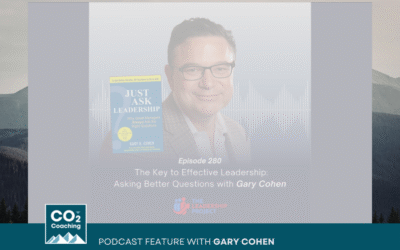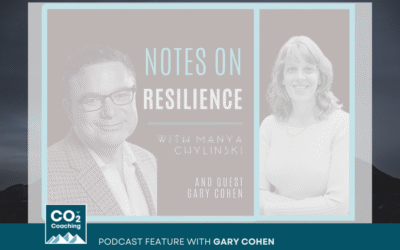By Madeleine Van Hecke
1. Reflect on mistakes you have made in the past, and see what blind spots might have caused those mistakes. Is there a pattern – a type of blind spot that seems to occur more often, a type of situation that repeatedly poses risks for you?
2. When something goes wrong, don’t just ask “how did that happen?” In your post-mortem analysis, go further, and ask “what exactly was I thinking and what caused me to think that way?” For example, don’t just look at a project that failed to be completed within budget and decide “that happened because I underestimated the cost of the vendor’s materials.” Go further and ask, “Just what was I thinking – what false assumptions did I make and what led me to make those – so that I underestimated what the vendor would charge?” That way you’ll learn to look at your thinking and discover the blind spots that were involved.
3. Ask someone whom you trust to give you feedback about yourself. This should be someone who is truly in your corner, like a trusted coach, and who will be honest with you.
4. Go from furious to curious. When you find yourself thinking, “What an idiot! How could anyone do that! How can anyone think that way?” ask yourself, “Well, how could someone think that? Why might someone do that?” People usually have good reasons for acting as they do. When those reasons aren’t apparent to us, it may be because we have a blind spot.
5. Learn to pay attention to that vague sense of uneasiness that something is amiss – in a meeting, a conversation with a colleague, a decision that you made. When you have this subtle sense of misgiving, that’s a sign that there’s something you glimpsed – but then dismissed as unimportant. If you revisit the incident in your mind, you might discover something, such as “yeah, I had the feeling that people weren’t responding to me like they usually do.” You might then realize “oh, I wonder if they were upset because of my announcement about an upcoming change … I never really dealt with their reactions to that.”


